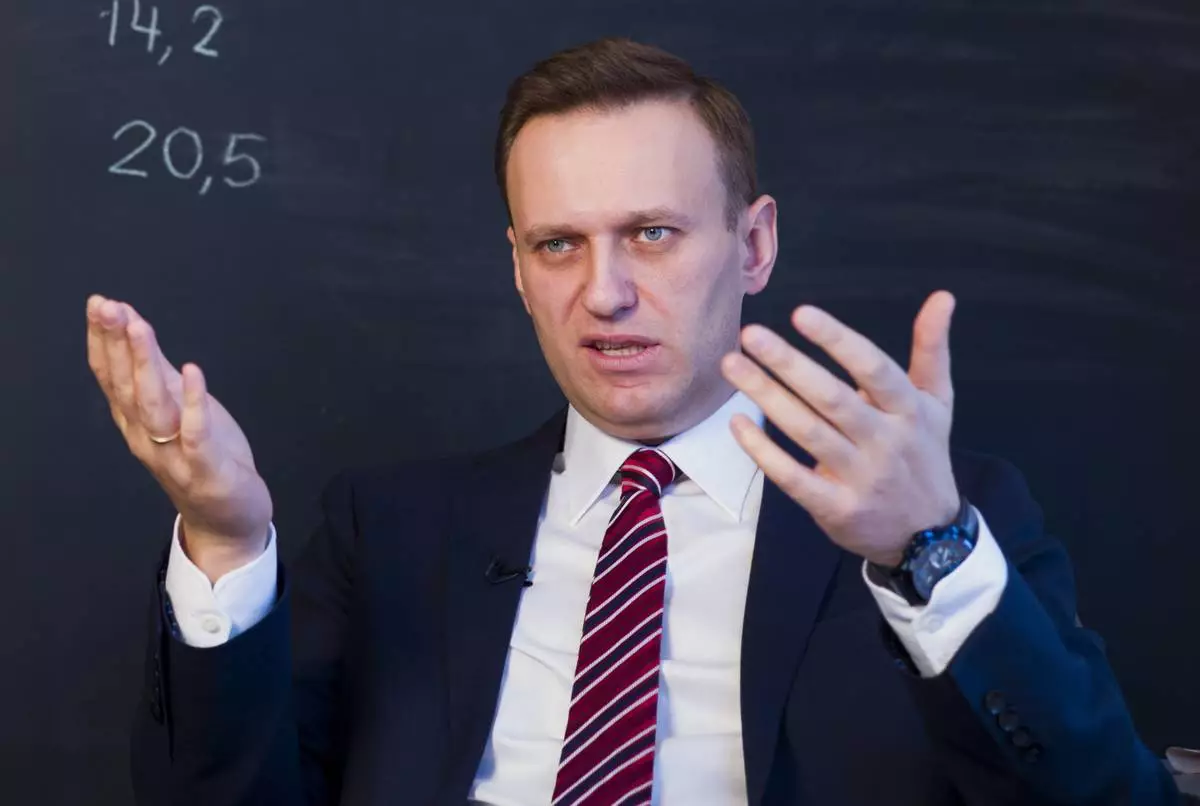House Speaker Nancy Pelosi said Friday the U.S.-Israel relationship can withstand the "weakness" of President Donald Trump and Prime Minister Benjamin Netanyahu, who shook diplomatic norms this week in barring two members of Congress from visiting the country.
Pelosi told The Associated Press that the "weakness of Netanyahu and the weakness of Donald Trump combined" into a policy that's "a no."
"We have a deep relationship and long-standing relationship with Israel that can withstand Donald Trump and Benjamin Netanyahu," Pelosi said. "We cannot let their weaknesses stand in the way of our ongoing relationship."
She said the U.S. commitment to Israel isn't dependent on either leader, a sign there may not be lasting fallout from this week's incident, particularly in terms of foreign aid, which must be approved by Congress.
In an extraordinary move, Netanyahu, with a push from Trump, barred entry for Democratic Reps. Rashida Tlaib of Michigan and Ilhan Omar of Minnesota ahead of their planned visit. Tlaib was later granted a humanitarian exception to visit her grandmother in the West Bank, but ultimately decided against the trip .
Trump views the freshmen congresswomen as among his chief opponents — part of the "squad" of newly elected liberal lawmakers — and has called them out at his rallies and in racist tweets as he runs for reelection. Trump describes them as the face of the Democratic Party.
Trump complained Friday about Tlaib's decision against taking the trip.
"Rep. Tlaib wrote a letter to Israeli officials desperately wanting to visit her grandmother. Permission was quickly granted, whereupon Tlaib obnoxiously turned the approval down, a complete setup," Trump tweeted. "The only real winner here is Tlaib's grandmother. She doesn't have to see her now!"
The two Muslim lawmakers support a Palestinian-led boycott of Israel, and barring their entry was an escalation of Netanyahu's attempts to quash the global boycott, divestment and sanctions movement.
Both leaders are up for re-election — Netanyahu in the fall, and Trump next year. Critics of the decision framed it as stoking divisions for short-term political gain at the expense of harming the deep ties that Israel has long enjoyed with both political parties in the U.S.
Pelosi said she had "great, great, great sadness" over the decision, but she was not discouraging other lawmakers from visiting Israel.
"Members will make their own decisions about this, but I would not discourage travel to Israel," Pelosi said.
"We have a strong relationship with Israel as well as a deep love and respect for the people of Israel. And, again, this is not going to undermine that, try as President Trump will to do that."










